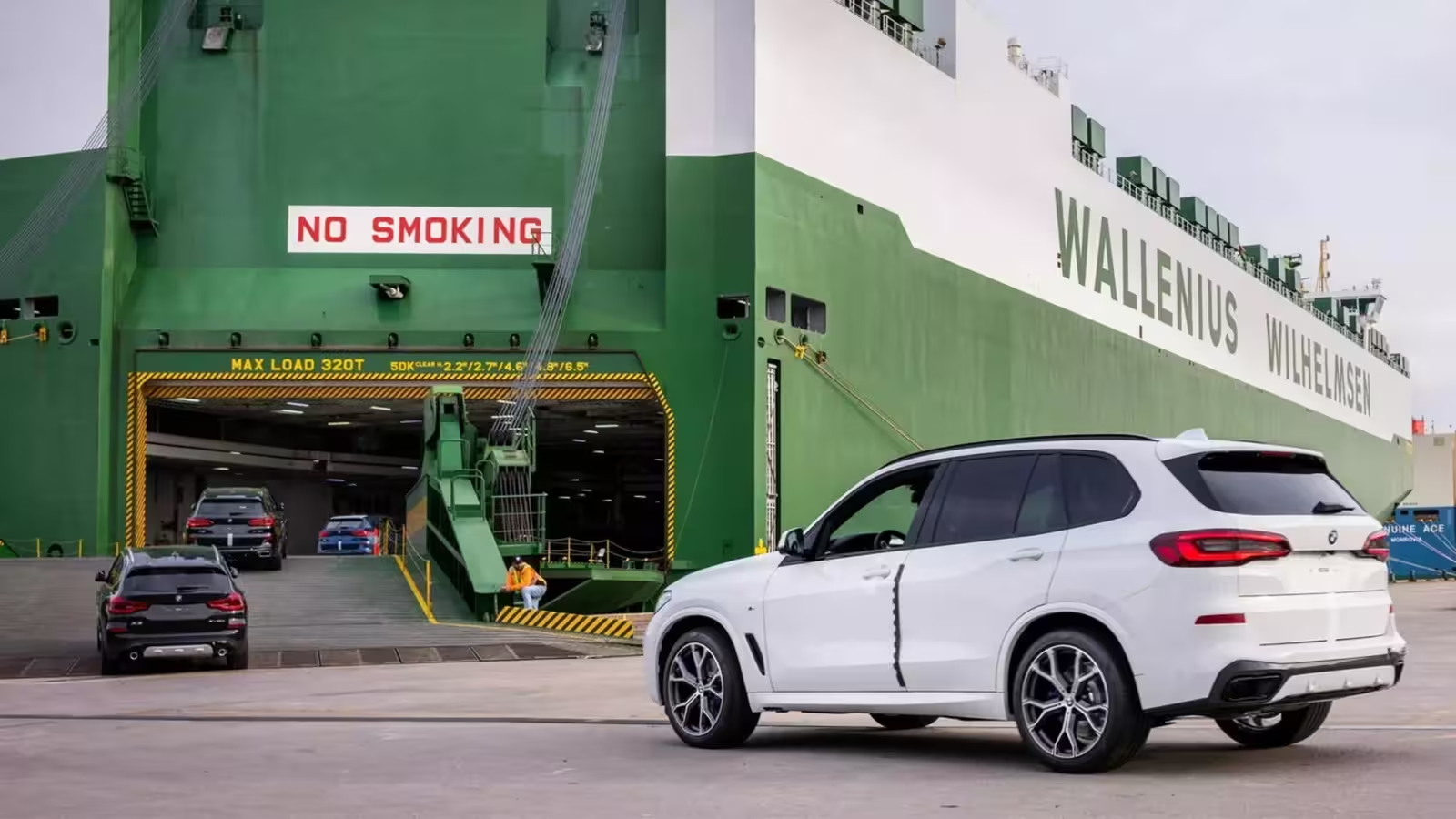3 Minutes
Tariffs Spark Massive Vehicle Accumulation at European Ports
International trade tensions are becoming a major challenge for European car manufacturers as auto tariffs imposed by the United States continue to bite. Thousands of new cars from leading European brands, including BMW and Smart, are now stored at the Port of Antwerp-Bruges, one of the world’s largest automotive shipping hubs, as exports to the US sharply decline.
Steep Drop in Vehicle Exports from Antwerp-Bruges
In the first half of this year, exports of passenger vehicles from the Port of Antwerp-Bruges to the United States have dropped by 15.9 percent. The port, which shipped over 3 million cars globally in 2024, is now holding an unprecedented backlog of unsold vehicles. Experts warn that unless a new trade agreement between the European Union and the US is reached by August 1st, these numbers could worsen, increasing strain on storage facilities and logistics chains.
Impact on Broader Automotive and Heavy Equipment Exports
The export slowdown isn’t limited to passenger cars. The port has also recorded a 31.5 percent decline in shipments of heavy equipment, such as construction vehicles and tractors, to the United States. This decline reflects the far-reaching impact of tariffs beyond just the automotive industry, affecting manufacturers, suppliers, and port operations throughout Europe.
Effect on European Car Brands and Market Dynamics
With leading automakers forced to stockpile unsold inventory, European brands face new challenges in global market positioning and sales performance. Vehicles with top-of-class specifications—ranging from advanced safety features and fuel-efficient engines to luxurious designs—remain idle, unable to reach US dealerships and consumers. Industry insiders note that this situation can delay the arrival of the latest models and innovations in the American automotive market, affecting consumer choice and brand competitiveness.
Comparisons and Future Outlook
Compared to previous years, the sheer volume of parked new vehicles at ports is historic, highlighting the unprecedented impact of recent trade policies. Stakeholders across Europe hope for a resolution, but the prospect dims as new US tariffs—reportedly as high as 30 percent—are set to go into effect from August 1st. While these new measures target a range of European exports beyond the automotive sector, they risk exacerbating supply chain bottlenecks and further disrupting automotive trade flows.
Conclusion: Challenges Ahead for the European Automotive Industry
Unless diplomatic negotiations yield a breakthrough, European car manufacturers could see even greater challenges ahead. Car enthusiasts and industry observers alike are watching closely, as uncertainty looms over the future availability of new European vehicles in overseas markets and across global auto showrooms.
Source: carscoops


Leave a Comment